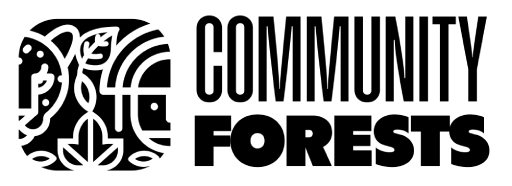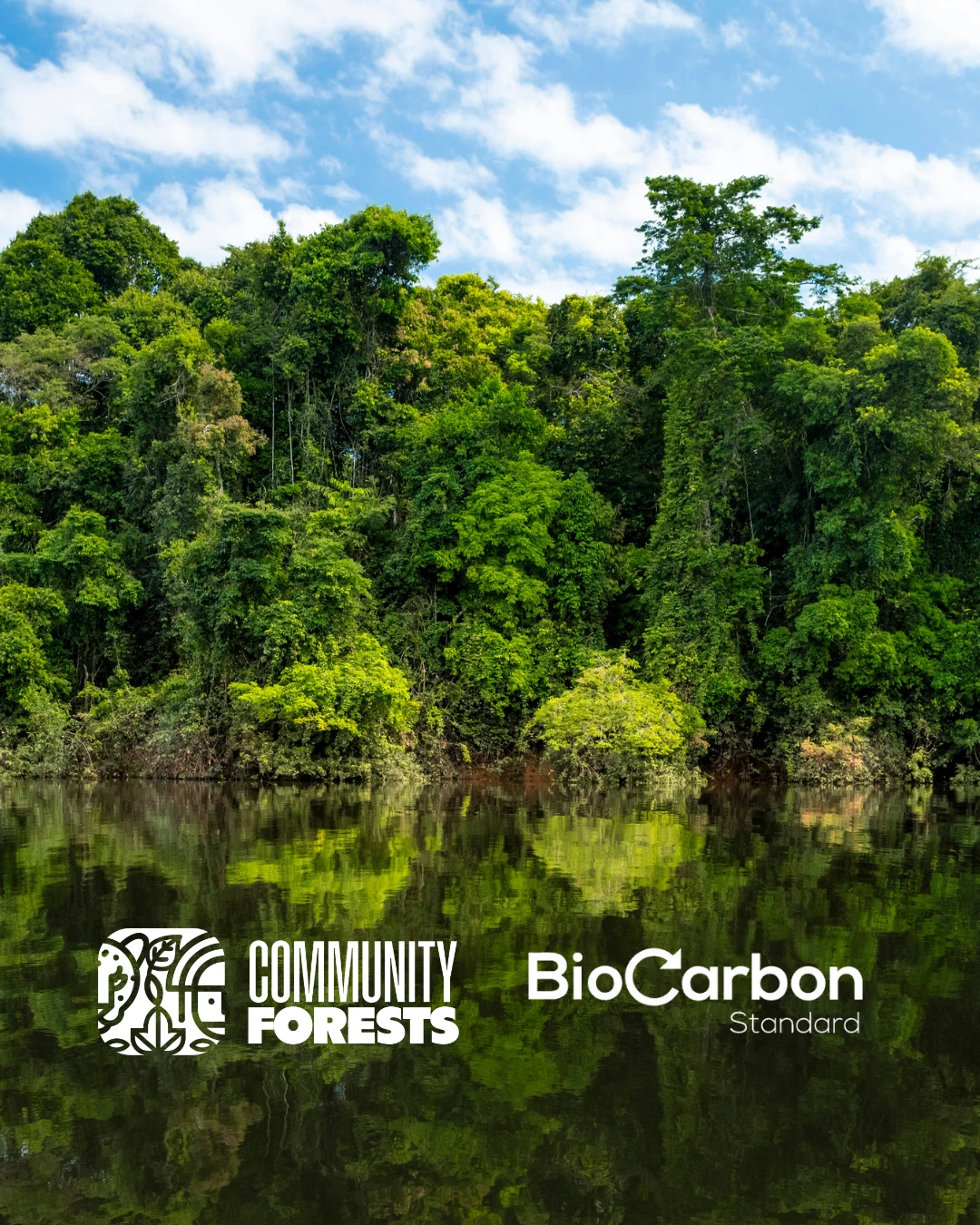In the Colombian Amazon, The Community Forests works hand in hand with Indigenous communities leading initiatives aimed at protecting the forest and its biodiversity, while promoting sustainable development and climate change mitigation. These projects are certified by the BioCarbon Registry, a recognized and robust standard that ensures transparency, traceability, and verifiable results.
A comprehensive standard with technical and ethical backing
BioCarbon stands out for its rigorous approach. It is an ICROA-accredited program that provides clear frameworks to certify emission reductions (GHG), biodiversity, and water management. It uses blockchain technology (Hyperledger Fabric and LACChain) to guarantee immutability of records and prevent double counting.
- GHG Program: ensures that emission reductions or removals are real, additional, measurable, and permanent, aligned with sustainable development.
- Biodiversity Program: certifies conservation, restoration, and sustainable use projects, generating Biodiversity BioCredits (BDCs) with high ethical and technical integrity.
- Water Program (BWS): allows issuing credits for sustainable water management, including ecosystem restoration and water source protection.
BioCarbon complements its standards with a robust set of operational tools to ensure project sustainability, including:
- Assessment of contributions to the Sustainable Development Goals (SDGs).
- REDD+ safeguards: indicators to verify compliance with the forest retention framework.
- Double counting prevention tool aligned with Article 6.2 of the Paris Agreement.
- “Exceptional Benefits” Seal: recognition for AFOLU projects with outstanding results in biodiversity, community development, or gender equity.
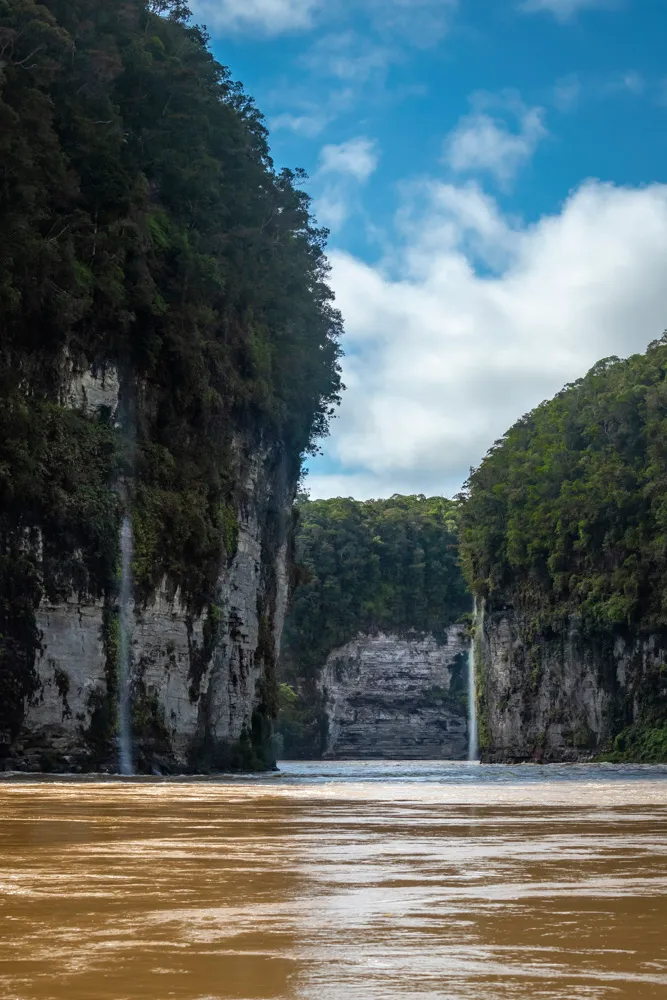
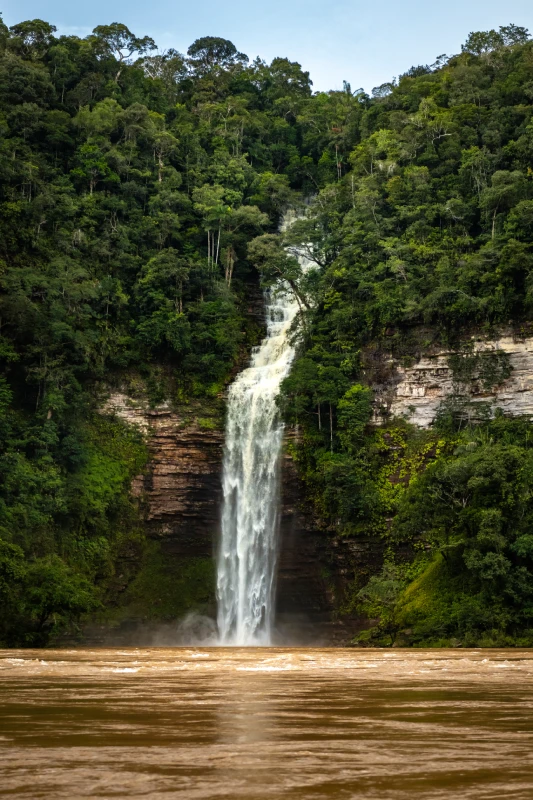
REDD+ projects certified by BioCarbon in partnership with The Community Forests
These initiatives, currently under implementation, are protecting more than 2 million hectares of Amazon rainforest and have accumulated the verification of tens of millions of tons of CO₂, under the BioCarbon Registry standards.
Monochoa
- Verified tCO₂e: +3,945,085
- Protected area: 353,583 ha
- Community: Indigenous Reserve of Monochoa (Huitoto and Muinane)
- Start: January 17, 2018 | Duration: 30 years
Puerto Zábalo y Los Monos
- Verified tCO₂e: +8,029,639
- Protected area: 609,025 ha
- Community: Indigenous Reserve of Puerto Zábalo and Los Monos (Huitoto)
- Start: January 17, 2018 | Duration: 30 years
CRIMA Predio Putumayo and Andoque de Aduche
- Verified tCO₂e: +8,146,378
- Protected area: 1,003,130 ha
- Communities: Predio Putumayo, ZVC Monochoa, Andoque de Aduche, Aduche de Araracuara (Andoque, Huitoto, Muinane)
- Start: January 5, 2018 | Duration: 30 years
Dabucury
- Verified tCO₂e: +2,516,802
- Protected area: 115,746 ha
- Communities: multiple Indigenous reserves (Tukano, Desano, Wanano, Piratapuyo, Kubeo, Karijona, Tikuna)
- Start: January 1, 2019 | Duration: 30 years
El Tigre
- Verified tCO₂e: +614,630
- Protected area: 14,132 ha
- Community: Indigenous Reserve El Tigre
- Start: January 30, 2018 | Duration: 30 years
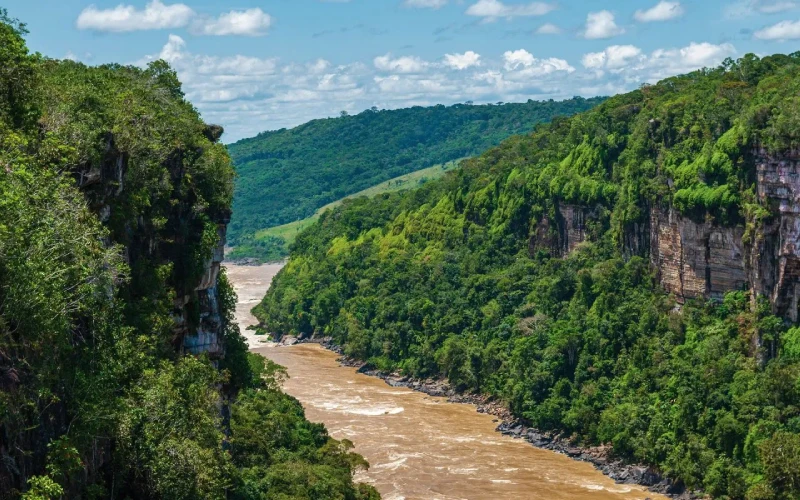
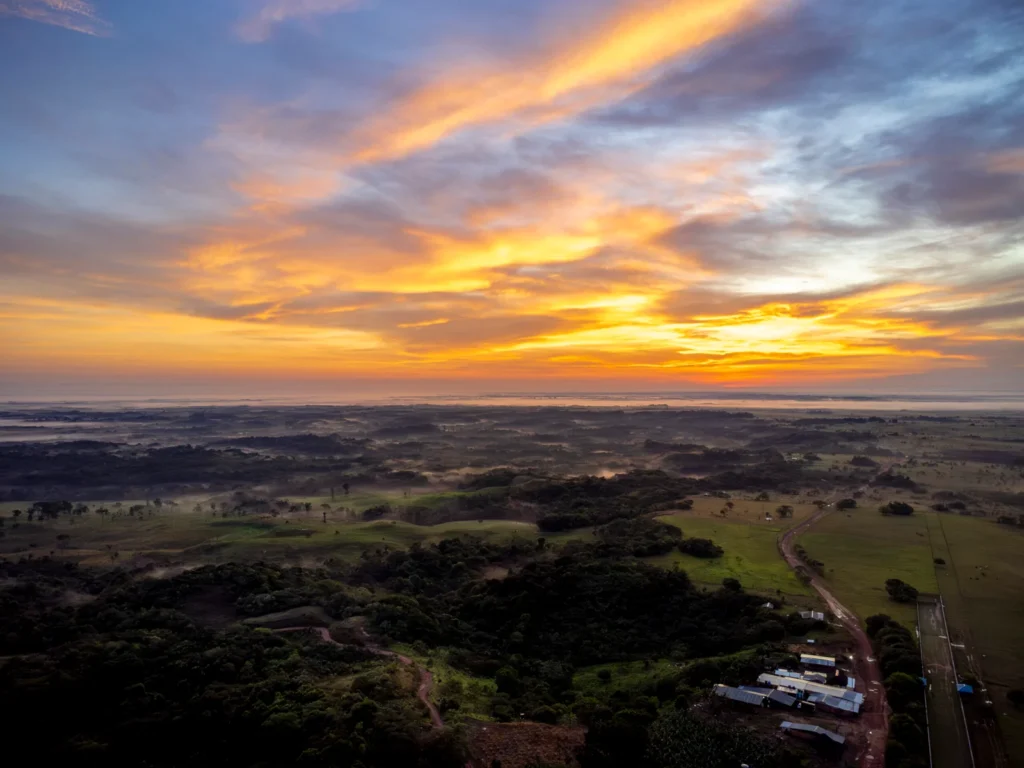
Community action with impact and credibility
By combining BioCarbon’s technical expertise with the ancestral knowledge of Indigenous communities, these projects generate multiple benefits:
- Empowerment of Indigenous governance and sustainable alternatives.
- Protection of emblematic species and strengthened biodiversity.
- Verified and traceable emission reductions thanks to blockchain technology.
- Fulfillment of the SDGs, implementation of social safeguards, and recognition of gender equity.
At The Community Forests, we believe that certifying with BioCarbon not only provides strong technical validation for these initiatives, but also highlights the crucial role of Indigenous forest guardians, driving conservation models with a human, fair, and lasting dimension.
Photos: @nikolasjacob
